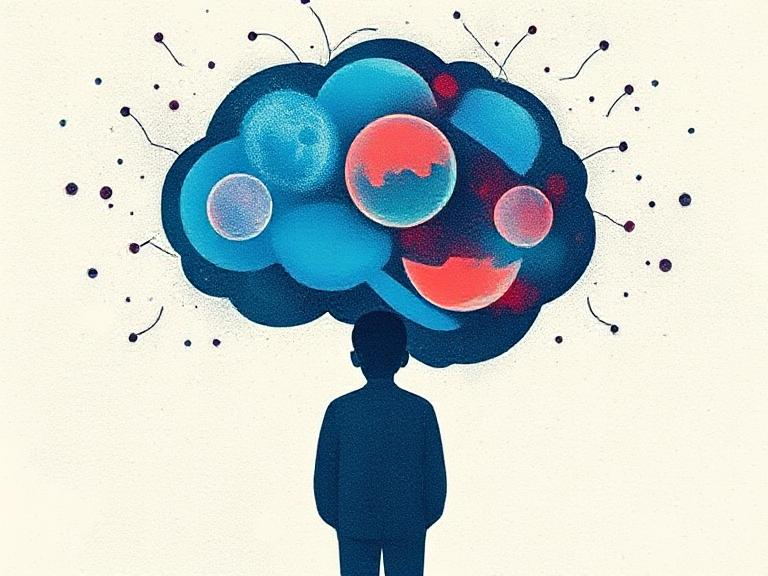In 2019, the World Health Organization (WHO) classified burnout as an “occupational phenomenon,” but today, it’s a global crisis. From overworked employees to overwhelmed parents, chronic stress has become the norm. While #SelfCare trends flood social media, bubble baths and mindfulness apps aren’t curing exhaustion. Why? Because burnout isn’t just a personal failing—it’s a systemic issue. Let’s explore why individual solutions fall short and what we can truly do to combat burnout culture.
What Exactly Is Burnout?
Burnout isn’t just “feeling tired.” The WHO defines it by three dimensions:
- Emotional exhaustion: Constant fatigue, even after rest.
- Cynicism: Detachment from work or relationships.
- Reduced efficacy: Declining performance and motivation.
Unlike everyday stress, burnout lingers, eroding your sense of self. Common triggers include unrealistic workloads, lack of autonomy, and societal pressure to “always be productive.”
Why Self-Care Alone Fails to Fix Burnout
Self-care has become a $450 billion industry, promising peace via scented candles and yoga retreats. But while these tools offer temporary relief, they ignore the root causes:
- It’s structural, not personal: Burnout often stems from toxic workplaces, income inequality, or societal expectations. No face mask can fix a 60-hour workweek.
- The guilt trap: When self-care fails to “cure” burnout, people blame themselves, worsening the cycle.
- Band-Aid solutions: Quick fixes don’t address chronic stress triggers like job insecurity or caregiving demands.
As writer Parker Molly noted, “Self-care cannot solve problems created by unjust systems.”
Moving Beyond Bubble Baths: Solutions That Actually Work
To dismantle burnout culture, we need systemic change and individual action:
1. Systemic Shifts
- Employer accountability: Demand policies like flexible hours, mental health days, and livable wages.
- Normalize rest: Challenge hustle culture by unplugging after work and rejecting “productivity guilt.”
- Policy reforms: Advocate for universal healthcare, affordable childcare, and stronger labor laws.
2. Personal Strategies That Go Deeper
- Set non-negotiable boundaries: Say “no” to excessive demands. Protect your time fiercely.
- Seek community support: Join advocacy groups or therapy to share burdens collectively.
- Redefine success: Measure worth by well-being, not output.
Real-Life Example: The 4-Day Workweek Experiment
Companies like Microsoft Japan tested a 4-day workweek, reporting a 40% productivity boost and happier employees. This proves that systemic change—not just spa days—can reduce burnout.
Burnout won’t disappear with more meditation apps. It requires reimagining how we work, live, and value each other. At Unravelling Minds, we believe in tackling mental health challenges through both personal resilience and collective action.
“Healing burnout isn’t about doing more—it’s about demanding better.”
Have you faced burnout? What systemic changes do you wish to see? Reach out to us at +91-9310885868 – we’re here for you.



